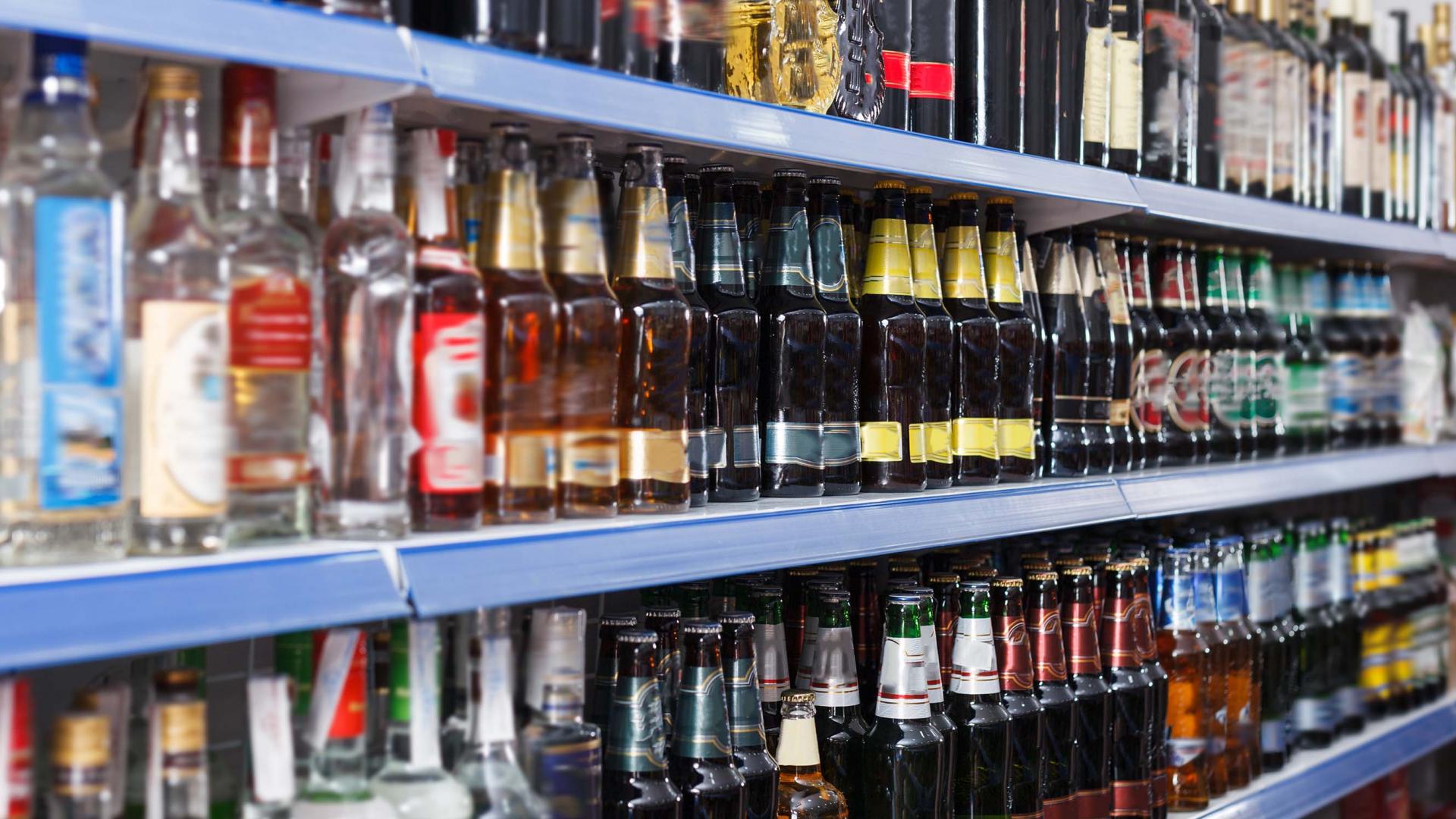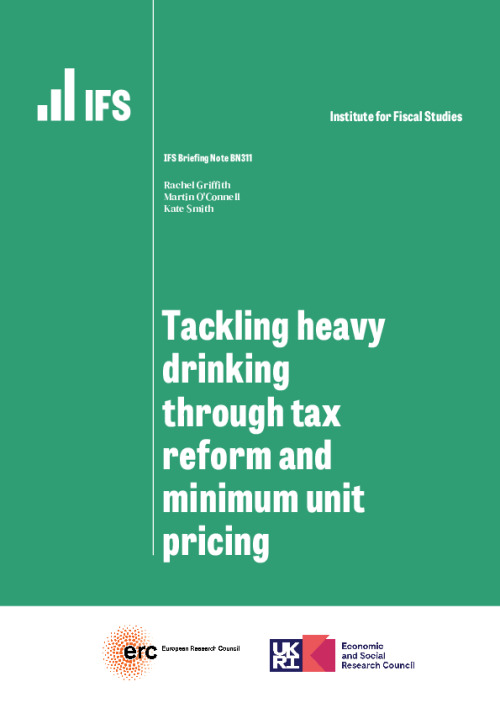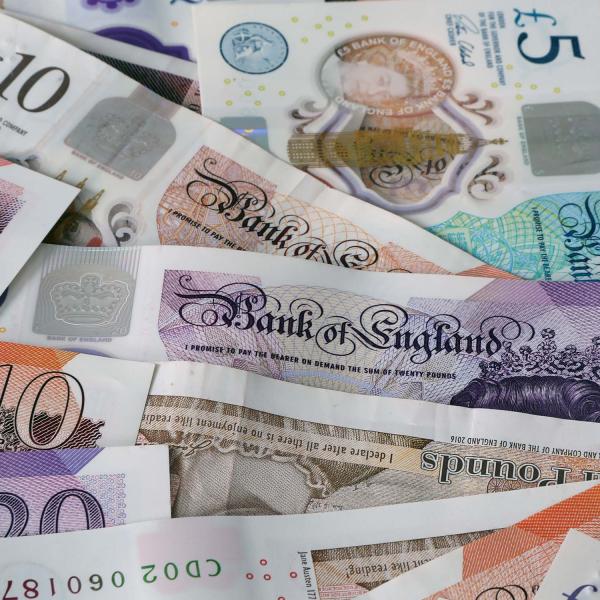The current system of alcohol taxes in the UK is incoherent. The UK’s departure from the European Union offers an opportunity to improve the way that alcohol is taxed, as EU regulations that place constraints on the system of alcohol duties will no longer apply.
As of May 2018, Scotland became the first nation in the world to introduce a minimum unit price for alcohol, making it illegal to sell alcohol for less than 50p per unit.
In this briefing note, we provide new evidence on the impact of the introduction of the minimum unit price on alcohol purchases, showing it was effective at reducing the alcohol purchases of the heaviest drinkers, whose drinking is likely to be the costliest to society. A drawback of a minimum unit price is that it leads to a fall in tax revenue and an increase in revenue going to the alcohol industry. We show that a simple reform to alcohol duties – taxing all alcohol in proportion to its alcohol content, with a higher rate on strong spirits – is almost as well targeted at the purchases of heavy drinkers and leads to a small increase in tax revenue. Now the UK has departed the EU, such a reform is feasible. If other parts of the UK do decide to introduce a minimum unit price, combining this with a sensible tax reform would limit the loss in tax revenue.
Key findings
1. The introduction of the minimum unit price in Scotland led to an increase in the average price per unit of alcohol sold in shops of 3p per unit, or roughly 5%. But there was a great deal of variation in the impact on different products: some previously very cheap products saw their prices more than double, while those previously above the minimum saw no increase in their price.
2. These price changes led to an 11% reduction in the average number of units that households purchased from shops per adult per week.
3. The minimum unit price led to larger reductions in the units purchased by heavy drinkers than lighter ones. For instance, it led to a 12% reduction among households that previously bought 30 units per adult per week, compared with 6% for those that previously bought 5 units per adult per week. Therefore, a minimum unit price is well targeted at heavy drinkers.
4. The impact of introducing a minimum unit price for the entire UK, relative to it not being in place anywhere, would be to reduce tax revenue by £390 million per year.
5. Replacing the current system of duties with a two-rate structure that taxes alcohol in proportion to its alcohol content, with a higher rate on strong spirits, would be almost as well targeted at heavy drinkers as a minimum unit price, but would lead to an increase in tax revenue of over £70 million.
6. We find that the combination of a two-rate structure that taxes alcohol in proportion to its alcohol content, with a higher rate on strong spirits, and a 50p minimum unit price would be as well targeted at the alcohol purchases of heavy drinkers as the same minimum unit price applied on top of the current system of taxation. However, the combination of the two-rate structure and minimum unit price would lead to a smaller decline in tax revenue than if the alcohol duties were left unchanged













